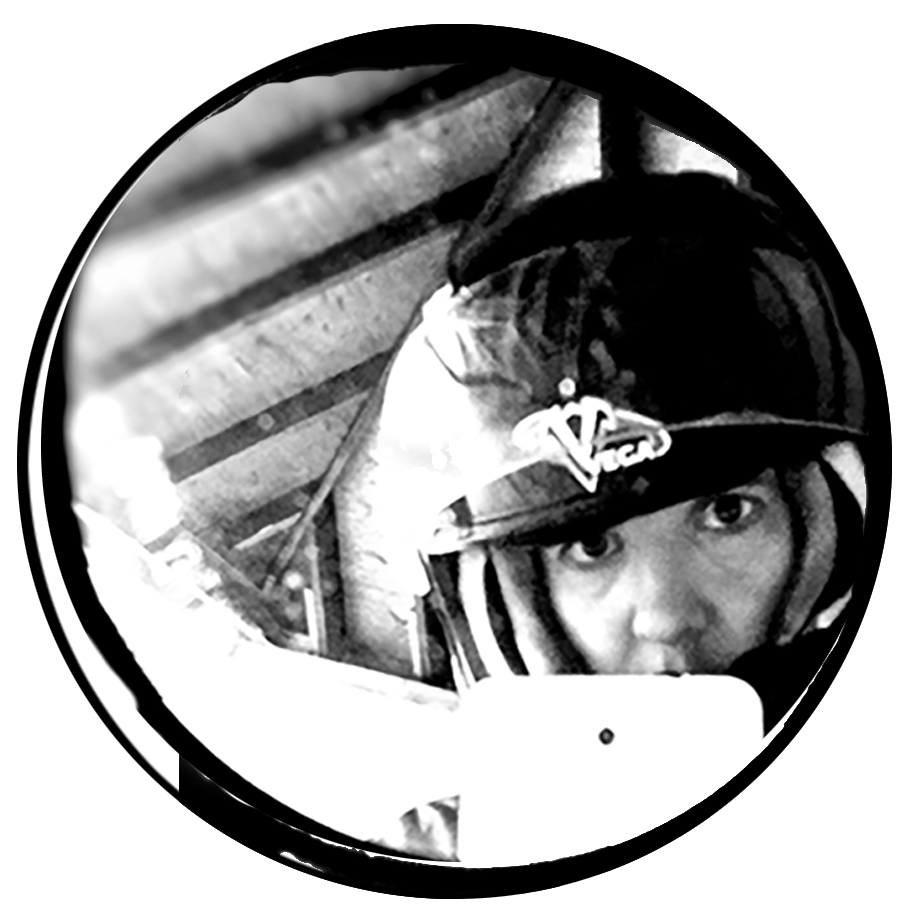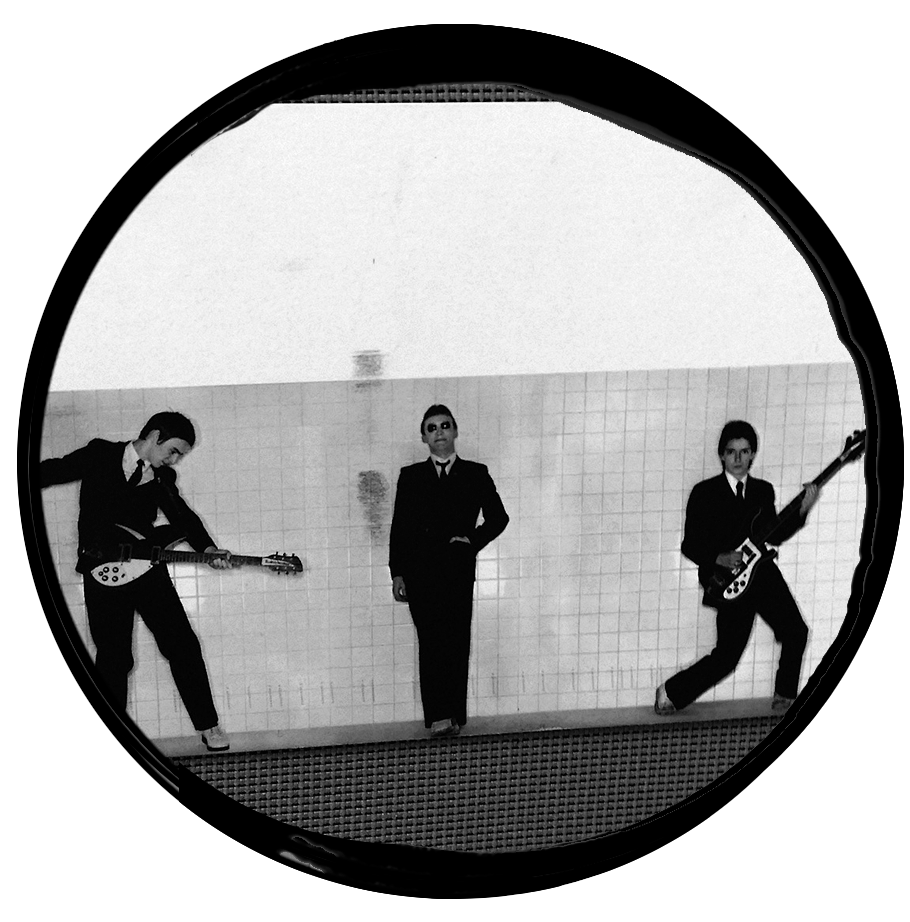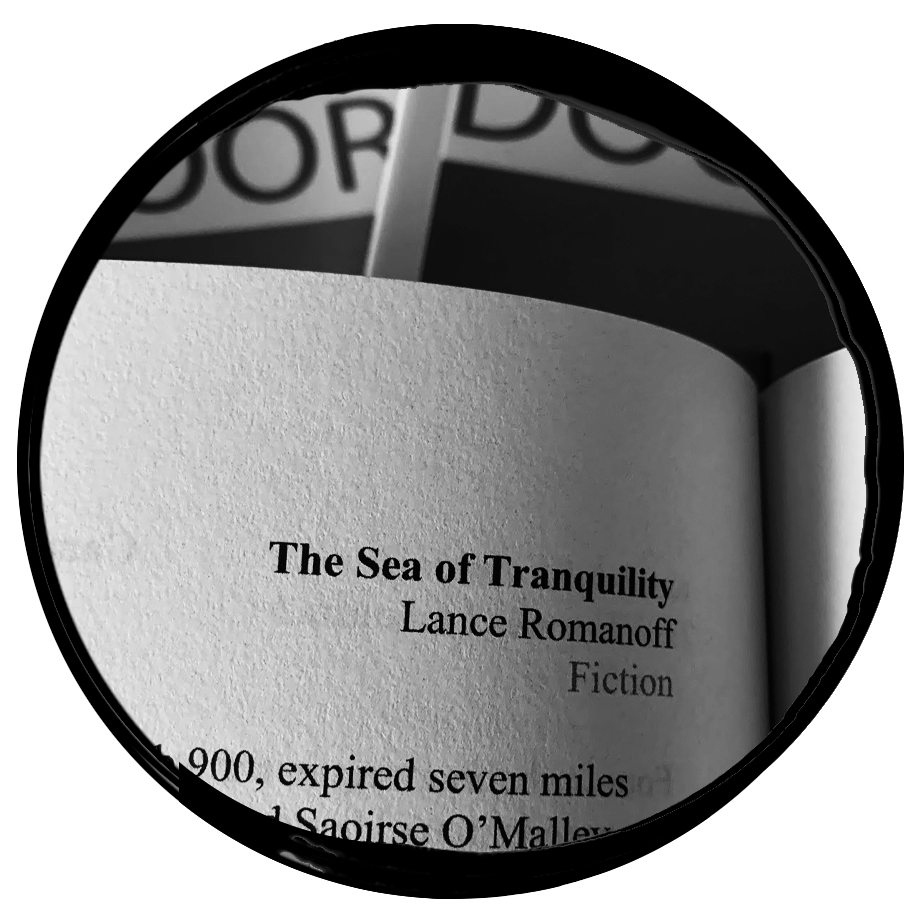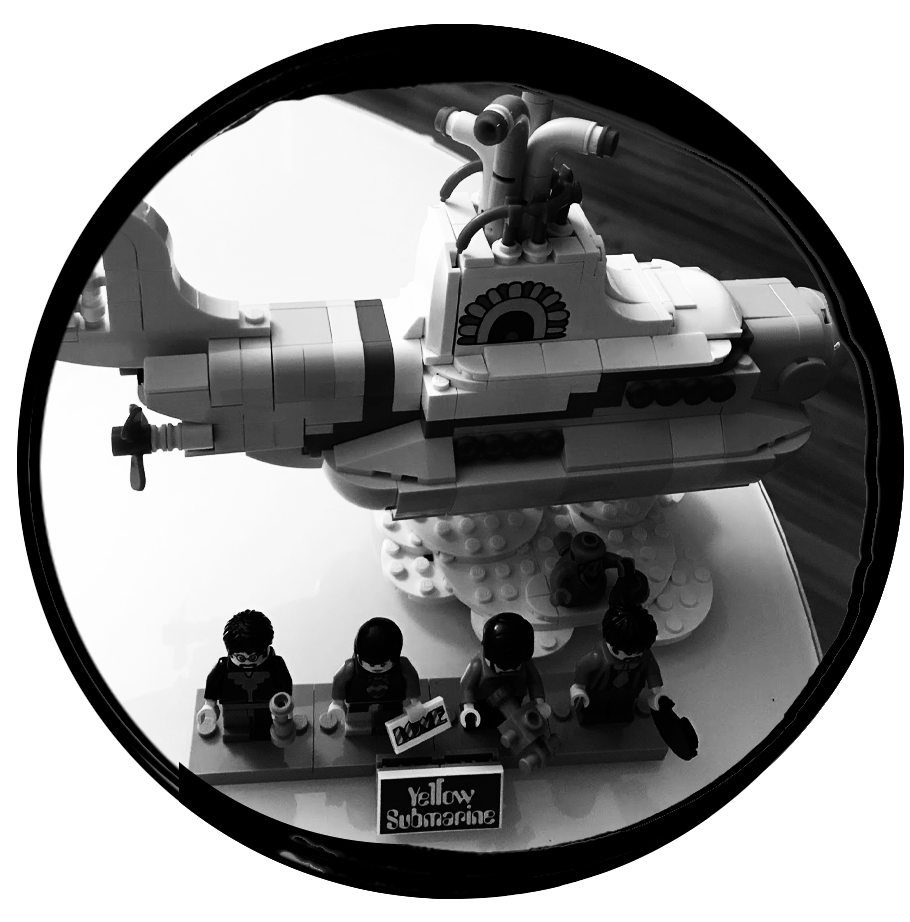A Death in March
Chapter I, 1977
When Alexei Lukin arrived in his office he was confronted with a typewritten note. It read simply: "Federov dead. Funeral in three days. All regional nomenklatura shall attend." The note laid atop his otherwise empty desk blotter, hiding his roughly scratched sketches of the Moscow skyline, or at least how he remembered the skyline. "Shall attend" was Party language. It was a demand that all Party members, even those permanently out of favor as he was, would present themselves and weep for Federov.
He stared at the words stamped into the rough paper: "Federov dead." He knew Federov could die, that he would die, but seeing it there before him was not believable. Not a thought he allowed himself to entertain.
Lukin was the director of the Petrovsky confectionery factory. The Petrovsky sat, four stories of brick and glass, on the banks of the Chetspa River on the northern edge of Glazov in the Union of Soviet Socialist Republics. Plumes of thick, whitish smoke from the factory’s chimney wafted across the river’s cobalt–hued water night and day. He managed three hundred workers who made wafer cookies and sugar–caked biscuits for distribution by the Ministry of Food Industry. The cookies turned his stomach: their sweet, sticky stench invaded the air inside the factory and coated every surface. It couldn’t be escaped.
He read the words again. "Federov dead."
Lukin retrieved a pack of Belomorkanals from the top drawer of the steel desk, drew one from the pack and lit it.
The office, lit only by a single–bulbed lamp, was empty except for the desk and a desolate file cabinet in a corner. The sounds of machinery and the bustle of the workers reverberated through the tin panels cladding the walls, leaving him with a constant ringing in his ears. Lukin heard the factory wherever he went, and in his sleep.
He stubbed out a half–smoked cigarette into an empty tea glass, sorted his scattered paperwork into piles and locked them in the cabinet. He’d need to leave running the factory to his assistant director, Kuchevsky.
Lukin picked up the receiver of his desk phone and pushed the nearest button. It sank into place with a hard snap and dialed the office of his assistant.
"Come to my office, please." He dropped the receiver back onto its cradle while Kuchevsky was in mid–reply. Kuchevsky was an eager incompetent with thick eyebrows and a thicker intellect. When Lukin first met him, he swore Kuchevsky’s face was pounded from clay. All the man’s features were sullen and square, and he infuriated Lukin by always speaking too slowly, a trait Lukin was sure a result of his plodding consideration of whether his words conformed with Party dogma. Kuchevsky was part of Lukin’s punishment: exile to Glazov, management of the Petrovsky, and Kuchevsky the idiot.
He retrieved his wool overcoat and ushanka from the hook nailed to the wall behind the desk. Kuchevsky rapped on the office door and stepped inside without waiting for a response.
"Sir?" he said.
"I’ve been ordered to Moscow. You’re in charge until I return."
"Why have you been ordered to Moscow?"
"Just make sure everyone continues to show up for work."
"When will you be back?"
"Four days, I think. Possibly more. I don’t know."
Kuchevsky’s face contorted into feigned concern. He was a man delightfully unaware of his own shortcomings. Lukin shrugged the overcoat onto his shoulders, tucked the ushanka under an arm, and picked up his battered leather case. Somehow it felt twice its usual weight. He angled around Kuchevsky and into the frame of the open door.
"Stay out of my office while I’m away." Lukin said. "Federov died last night."
The icy wind stung Lukin’s face as he stepped through the Petrovsky’s heavy oak main doors. Last night’s snowfall had quickly turned an ashen grey from truck exhaust and the plumes of factory smoke. Lukin imagined Moscow in March. Was the snow there as grey as this?
Two police privates stood at the intersection of Belova and Tatyana Baramzina Streets, smoking cigarettes and idly chatting. Lukin studied them. They seemed to have no understanding of how their world had changed. Everyone on the sidewalks, the drivers of the cars sputtering past, the workers Lukin encountered as he left the factory – none of them understood. Lukin himself barely understood. Has a successor been chosen? Are we in a state of anarchy? What is going to happen to us?
Lukin trudged up Belova Street to the bus stop. After he’d finished three cigarettes without interruption, a coach rolled into view coughing black diesel smoke as it approached.
Lukin’s apartment, a block of four rooms on the ground floor of a former hospital, sat just behind a voyenkomat military recruiting station on a narrow road in the center of the city. He banged the snow from his boots and shouldered open the frozen front door. Galina, his wife, greeted him with a kiss on the cheek and brushed the snow from his overcoat.
"Why are you home so early?" she asked.
Lukin, preoccupied, moved hastily into their kitchen, brightly lit by an electric chandelier and distinguished from the rest of the apartment by its lemon–colored walls. He pulled off his hat and coat and dropped them onto a narrow wood table. Galina followed behind.
"Alexei?"
"Something’s happened. I need to go to Moscow."
"You need to go to Moscow?"
"Federov is dead. He died. Last night."
Galina took a hesitant step backward and braced herself against a counter.
"I had a message waiting for me this morning. The funeral’s in three days. I have to go," Lukin said.
"He’s dead?"
"Last night."
"How?"
"I don’t know. There was nothing else."
Galina turned to look blankly out the window.
"What happens now? I mean…who is in charge?" she asked.
"I don’t know."
Lukin turned to a cabinet and retrieved a saucer. He set the saucer at the edge of the counter, pulled his cigarette pack from a shirt pocket and lit one. After a long draw, he blew the smoke up toward the ceiling.
"They don’t tell me these things," he said.
He tapped his cigarette on the saucer’s edge to dislodge its ashes.
"No one knows. Not yet anyway. I don’t know when the Politburo will make an announcement. Perhaps they’re waiting until a successor is chosen."
Lukin rested his cigarette on the saucer and approached his wife, wrapping an arm around her waist.
"Perhaps…anything will be better than this," she said.
Lukin agreed but said nothing.
He knew he’d have never met Galina if not for Federov. Lukin knew no one in Glazov when he was first sent there, and had no family. He spent his Sunday afternoons reading newspapers in a café a block from his factory. On these Sunday afternoons, a beautiful dark haired and dark eyed waitress brought him pots of tea, and that was Galina. Lukin drank tea for months before noticing her. His mind was preoccupied with conjuring up schemes to get back to Moscow, back to his friends and his position at the Ministry of Aviation. He was sure that if he could do the correct things, say the correct things, he’d get everything back. He knew that if he could somehow get home he could convince his wife, Anja, to return to him. He was sure she’d understand that it was all just a mistake. And then, if he could do all these things, there’s be no Glazov, and no confectionary factory. It would just be an amusing fiction he shared with people at parties. Everyone would laugh about how an aircraft engineer was, beyond anyone’s comprehension, the boss of a cookie factory. He just needed to solve the puzzle.
When Galina brought him tea, he never saw her. He only saw Moscow.
"Help me pack a bag," Lukin said to his wife.
In their bedroom, Galina selected two wool suits, one brown and another light gray, both slightly threadbare but appropriate enough for a funeral. She found three clean shirts in a drawer and a black and gold necktie, folded them tightly and pressed them into a worn leather case propped open on their bed. Lukin collected his shaving kit, a bar of soap, and toothpaste from their bathroom, wrapped them in a hand towel and dropped them into his luggage.
"I think that’s all, yes?" Galina asked.
"I suppose so. Nothing will be open in Moscow so if we’ve forgotten something I’ll have to do without. It will do." Lukin replied. He pulled the case cover closed and locked it with a tinny snap. Pausing to take a long look at his wife, he studied her face. It wasn’t the face he’d fallen in love with years before. There was a permanent darkness in her eyes, and the gentle softness of her features lost. He feared though that he may never see her face again, that this was his last opportunity to know her, to remember her.
She stood, looking back at him, waiting.
"Will you be alright? It’s so many hours on the train."
"I know. I hope I can sleep onboard."
They shared a moment in the quiet of their bedroom, interrupted only by the low whistle of the foreboding winter winds outside.
"Tell me this will all be fine," Galina said.
"It will all be fine."
"No, really, tell me this."
"Do you remember when Stalin died? I suppose it was different out here. No one knew anything, even in Moscow. It was all rumors. Most of us assumed the KGB poisoned him. They probably did. Anyway, he wasn’t even cold before we heard Malenkov was taking control. Or maybe Federov. Or some kind of ruling triumvirate. Then Beria was arrested. We all believed that at any minute someone would be coming for us. I fear we’re in for that again. But out here, out here I think we’re far away from all that. We’ll be safe."
"I hope you’re right. Knowing that no one is in charge…it’s unnerving. I can only imagine what it will be like when everyone knows."
"I’ll be back as soon as I’m able. I promise."
"I know."
Lukin embraced his wife. Neither wanted to let go first.






















